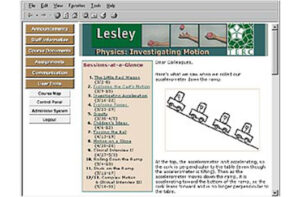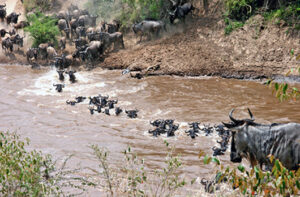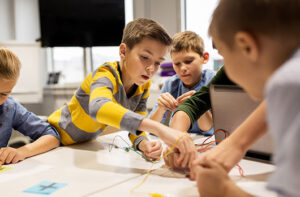Plant Species Lost in an Isolated Conservation Area in Metropolitan Boston from 1894 to 1993
Brian Drayton and Richard B. Primack
Conservation Biology, Vol. 10 No. 1, pp.30-39
Summary
A census of the Middlesex Fells (West), a 400-ha woodland park in Metropolitan Boston, was undertaken in 1993 to determine how species composition had changed since 1894 (the time of first census). This park is isolated by an 0.5-km-wide barrier of roads and development from the eastern half of the Fells preserve, is at least 5 km from other protected areas, and is strongly affected by human activity. Out of 422 original plant species, 155 species were no longer present in 1993, although 64 new species were recorded on the site in 1993, the majority of them exotic. The proportion of native species in the flora declined from 83% in 1894 to 74% in 1993. Overall, the number of native species is declining at a rate of 0.36% per year, whereas the exotic species are increasing at a rate of 0.18% per year. Many of the native species lost were attractive and well-known components of the native flora, such as orchids and lobeliads. Many remaining native plant species have been reduced to one or a few small populations. Species of moist woods were disproportionately lost from the Fells. The loss of species has coincided with an increase in human activity, including ground fires, a greater number of trails and roads, thinning of the forest, and trampling of the vegetation. Methods are suggested for stopping and reversing this progressive loss of species.













